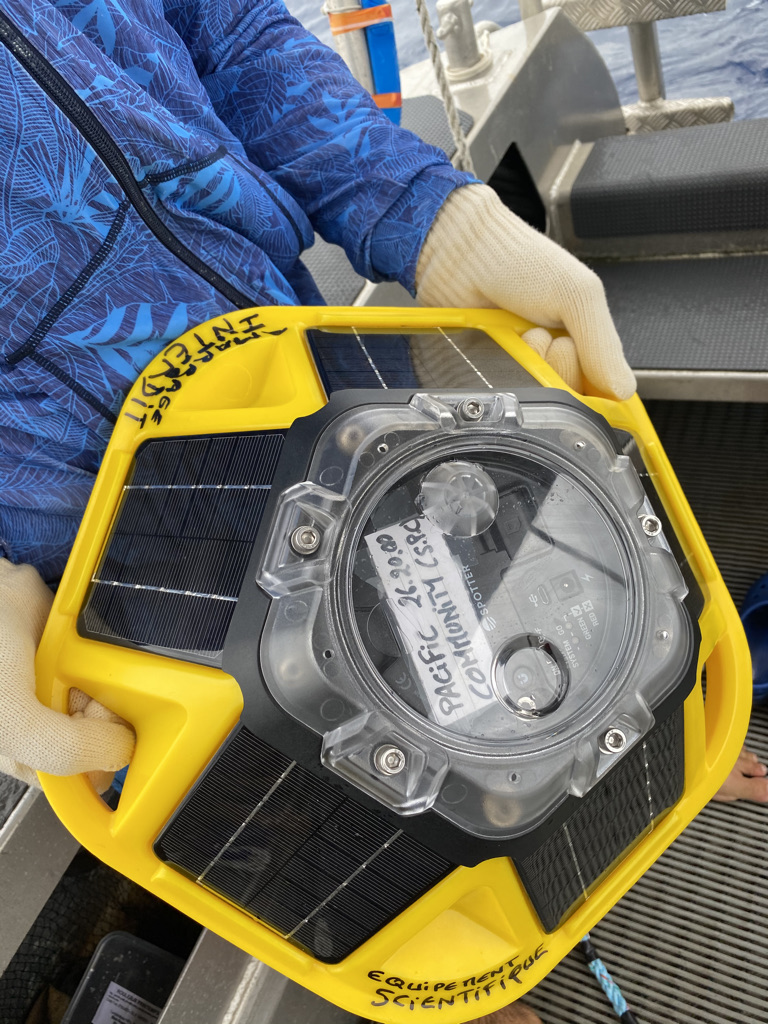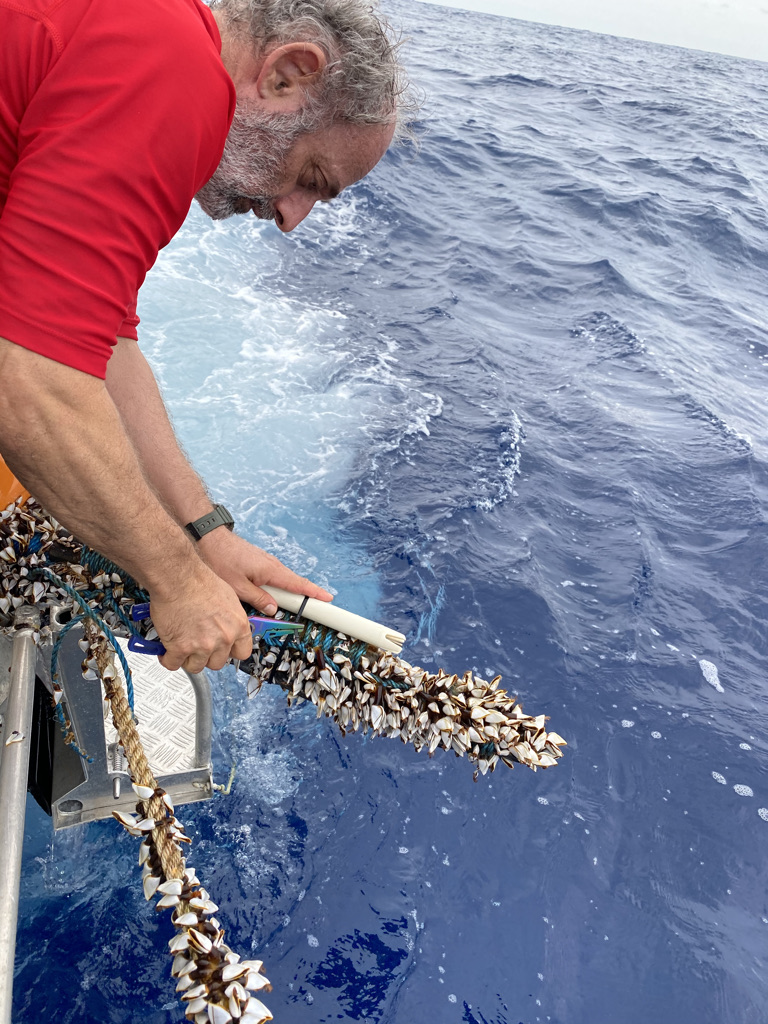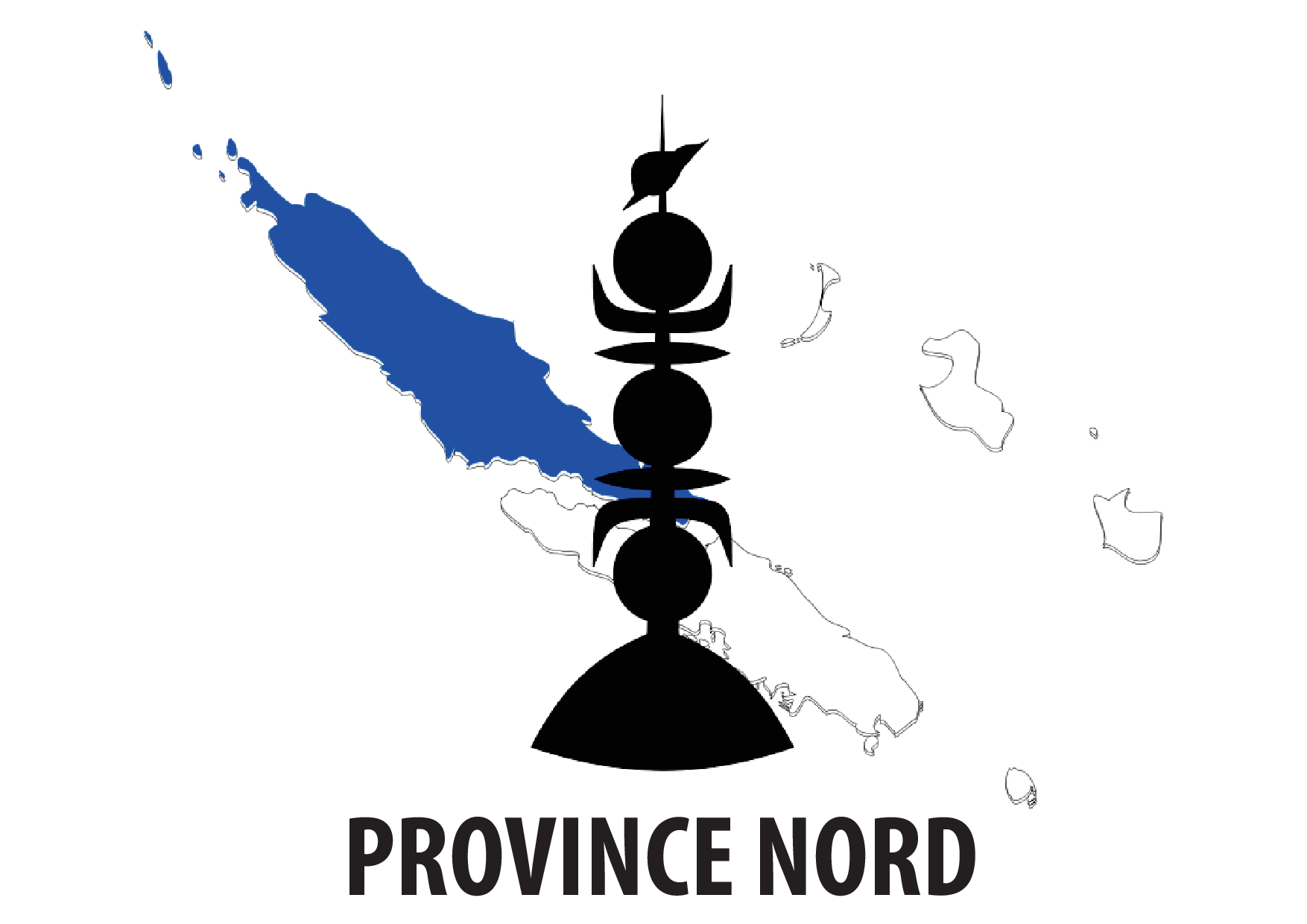R2BAC Project
REGIONAL COASTAL WARNING NETWORKPROJECT SUMMARY
In the framework of the partnership between SPC, the governments of Fiji, Tuvalu and Kiribati and the World Meteorological Organization (WMO), SPC is in charge of the technical and operational implementation of the Climate Risks and Early Warning Systems (CREWS) project.
DESCRIPTION
The R2BAC project aims to incorporate New Caledonia via its meteorological service, Meteo France NC, and with the scientific support of IRD-NC, into the Regional Coastal Alert Bulletin Network.
To do this, the project has 2 components:
- The deployment and maintenance of a wave-gauge off the Grande Terre reef (Boulari Pass) by Météo France NC. The real time data collected by this wave buoy will allow to generate an alert 24 hours in advance for the partner countries (Fiji, Tuvalu and Kiribati)
- A regional collaboration via the 4 Meteorological centers of the concerned countries in the form of a training workshop on Coastal Flood Alerts (type Vigilance Strong Houle and Vague Submersion in NC and Metropole managed by Météo France)
In the medium and long term, the archived data from the buoy will also allow a retrospective analysis of the swell propagation models and will allow to identify possible changes in the statistics of these swells, linked to climate change.
PROJECT OBJECTIVES
The main objective of the project is to increase the capacity of the National Meteorological Services of the countries concerned in forecasting the impact of coastal flooding risks on local communities. Also, the project allows the integration of French territories (New Caledonia) in the implementation of the Regional Coastal Alert Bulletin Network.
The above indicators have been used to formulate the expected results for this concept:
Component 1: Improved knowledge of coastal flooding disaster risks. This component will assess and quantify the multiple maritime hazards and physical vulnerabilities that contribute to coastal flooding in partner countries. Data collection to determine reef bathymetry and shoreline topography are an input to the forecasting tool. Near shore infrastructure will also be mapped, providing an indication of exposure to flood risk. This project also integrates a reinforcement of the capacities of the national meteorological services in order to meet the requirements of the WMO in the framework of marine meteorology.
Component 2: Detection and monitoring procedures are established. This component will improve downscaled wave forecasting models for all islands of Tuvalu, Kiribati and Fiji. This includes the installation of observing systems and procedures such as real-time buoy data (waveograph) and post climatic event assessments. Emphasis will be placed on training in the use and maintenance of these observation equipment and coastal risk assessment.
Axis 3: Analysis and forecasting system developed. The coastal flood impact forecasting and warning system will be adapted to local conditions and circumstances, including: capacity for use and maintenance. The system will include a multivariate forecasting tool to obtain rapid and accurate estimates of potential site-specific flooding. Products will be disseminated within the framework of standards and institutional mechanisms consistent with the Chatty Beetle EWS island-wide.
EXPECTED OUTCOMES
Acquisition of critical data for the region.
Improved early warning systems in the region for coastal hazards in Fiji, Tuvalu, Kiribati and New Caledonia
Increased regional integration of New Caledonian researchers and meteorological services.
Contribution to the improvement of the meteorological vigilance system in New Caledonia
Contribution to the improvement of the regional meteorological vigilance system for the prevention of coastal flooding risks, thus contributing to the resilience of the communities of the countries concerned.
Deployment and maintenance in operational condition of the buoy (waveograph)
Organization of a regional training workshop at the Regional Specialized Meteorological Center (RSMC of Nadi, Fiji) between experts and the 4 national meteorological services (Fiji, Tuvalu, Kiribati, New Caledonia)
Exchange of technical and scientific expertise between partner countries



